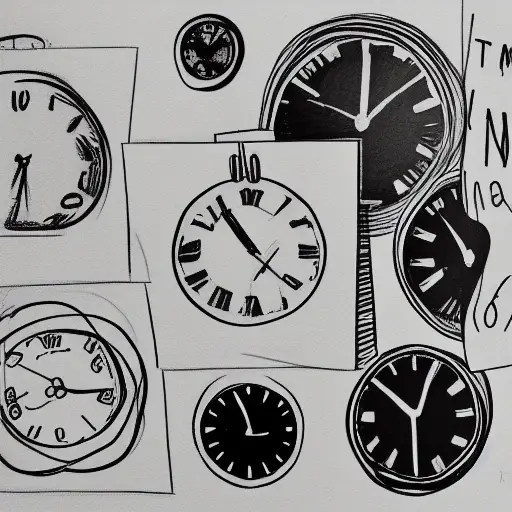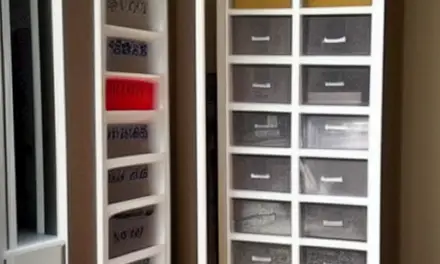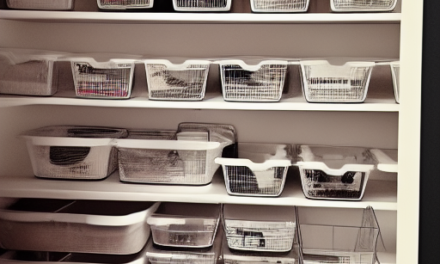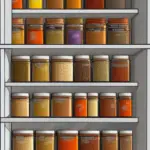There are several ways to organize time. These include writing down your goals, breaking tasks into smaller chunks, and using a time tracking app. These strategies can help you avoid feeling as though you’re wasting time, and they can also help you reduce the level of stress that you feel. In addition to these benefits, they can also help you maintain good health.
Breaking down tasks into smaller chunks
Breaking up large tasks into smaller chunks is an excellent way to organize your time and be more productive. It allows you to focus on specific small tasks instead of tackling a large task at one time. By breaking down a task into smaller pieces, you can accomplish the same results and save more time.
Breaking down a task into smaller chunks will help students better manage complex tasks. This method allows students to focus on just one step at a time, which is helpful in managing a busy day. For example, breaking up a science project into smaller parts will allow students to complete it more efficiently. Breaking up the tasks into smaller chunks will also help students focus on the most important task at hand, such as a school assignment.
Breaking up a big task into smaller chunks will also reduce stress and procrastination. People who procrastinate often find themselves overwhelmed when they need to do something. When a task becomes too overwhelming, break it down into smaller pieces. Once you know each piece of work, it becomes more manageable and easier to complete.
To break down tasks into smaller chunks, you should decide on the “definition of done” for each task. This will allow you to separate them based on how long they will take and what level of work they require. By having a clear boundary, you will be able to prioritize the tasks based on priority.
Breaking down a task into small chunks can be the best way to visualize your workload. Breaking a task into smaller pieces will also help you to plan your time better. But this approach is not always easy. You should make sure that you know your deadline.
Breaking down a large project into smaller chunks can help you reduce stress and anxiety. Breaking large tasks into smaller pieces will also give you more frequent rewards, which will motivate you to continue progressing.
Keeping a pocket-size notebook
One of the best ways to organize your time is to use a pocket-size notebook. These notebooks are perfect for capturing your random thoughts, to-do lists, and inspiration. They also make it easy to compare notes. You can also use them to track your budget.
You can choose from various paper types for your pocket notebook. Most have 48 sheets, and they come in a variety of colors and patterns. This makes them very convenient to carry. They also come with bullet point systems, making them great for keeping track of tasks. The front page is usually lined with white paper, while the back page is blank.
One great type of pocket-size notebook is ring-bound, so the pages lie flat when you thumb through it. This is particularly helpful if you take notes at meetings. Another great option is a notebook that has perforated pages, which can be reused.
A pocket-size notebook can help you learn faster. In fact, studies have shown that people who write down information are more productive. Not only does it help you remember things better, but it also helps you stay calm and focus. Doodling also improves your memory and keeps you alert. Keeping a pocket-size notebook is also a manly tradition.
When choosing a pocket-size notebook, think about how you use it on a daily basis. You may need a notebook that can fit inside your pocket or a hardcover journal that is portable. A pocket-size notebook is a great tool to keep track of expenses and budget. You can even use it as a ledger and track your finances. You can also use a pocket notebook to store receipts. Some pocket notebooks even have a pocket on the back cover, so you can easily clip receipts on it and keep them in one place.
If you have multiple responsibilities or projects, keeping a notebook with a pocket-size notebook allows you to keep track of all of them. It’s also helpful to have separate sections for different projects or responsibilities.
Using a time-tracking app
Using a time-tracking app can be a great way to better organize your time. These apps help you keep track of your activities, time spent on specific projects, and more. In addition to time tracking, these apps can also help you organize your work schedule.
The best time-tracking apps let you start and stop timers easily, edit entries, and provide reports of task completion times. By using a time-tracking app to organize your time, you can improve your personal productivity and streamline your work processes. Forbes recently reviewed 40 time-tracking tools and found five that are especially useful for small teams and solo professionals.
ClickUp: Using this app to manage time is easy and effective. With an intuitive drag-and-drop interface, you can easily add new tasks, activities, and projects. You can create multiple tasks and groups, and you can even adjust due dates. It also integrates with more than 1,000 other time management apps.
Using a time-tracking app is an essential skill in any career. It allows you to focus on your work while freeing up time for your family and social life. It can also help you grow your small business. Too many business owners start with only a guess at how much time they need to spend on each task. When you add in staff and new projects, this can lead to problems with time management.
Time tracking apps help you stay organized and focused. Some apps track your time as you do different activities, while others are simply designed to monitor your activity and give you statistics. Toggl and Time Doctor are two examples of time-tracking apps that make time management easy. These apps have the power to automate time tracking for you, and they are both free.
Habit Tracker is another app designed to help you create habits. It uses a habit building calendar and statistics to motivate you to consistently complete tasks. The app also has a reminder feature that lets you set reminders for yourself and other users via text messages. And if you don’t want to spend too much time on a task, you can use Microsoft’s To-Do.
Writing down your goals
Identifying your goals and writing them down can be a great way to stay motivated and on track. It’s also a great way to establish habits that will drive your performance. Writing down your goals is also a great way to visualize what you want to accomplish. Make sure your goals are exciting and paint a picture of your desired outcome. Also, make them measurable and time-bound so you can plot your progress and determine if you’re on track. This will keep you motivated, as you know how far you’ve come.
By writing your goals down, you will be able to stay focused and organized throughout the day. Without a clear goal, your mind can wander. And with many things to do at once, it can be easy to become distracted by something else. Having a written goal gives you a clear focus and helps you filter out things that don’t support your goals.
One of the most important things you can do to improve your productivity is to write down your goals. Make sure to write down every step you need to take to reach your goal. Then, merge procedural goals with outcome goals to increase your productivity. And set high goals to help you stay motivated. Lastly, you can share your goals with others and get advice from them.
Writing down your goals can help you focus on the most important tasks and set priorities for them. Once you write down your goals, the process of accomplishing them will become much easier. Writing down your goals can help you to focus on the most important things and let the less important ones take a backseat.
Another benefit of writing down your goals is that it allows you to process emotions better. This will help you avoid stress, anxiety, and other problems caused by stress. According to the American Medical Association, stress is responsible for 60% of all human illnesses. By writing down your thoughts, you can effectively process them and reduce your stress levels. It can even be a form of therapy.
It’s also important to set deadlines. Write down your goals before you go to bed and you’ll be mentally prepared for the next day. It’s also a great way to get things done faster when you plan ahead of time.










